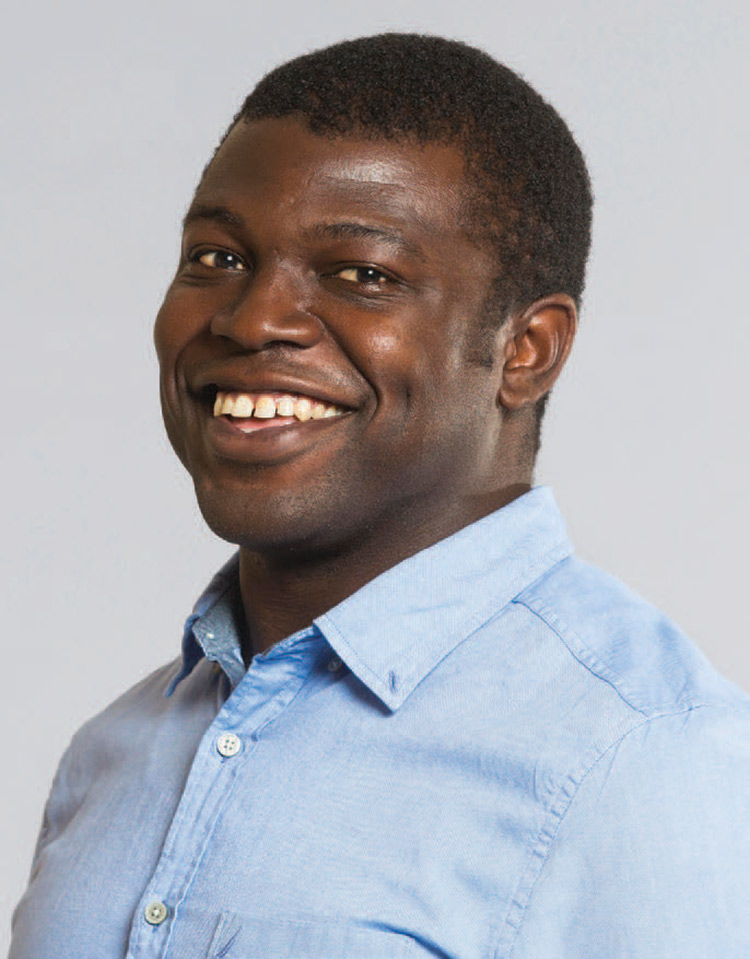Terna Ityokumbul’s life
His decision to attend Bucknell turned out to be the correct path, as he found help coping with seizures that were becoming increasingly severe. What had begun as “going blank for a minute or two” had now advanced to grand mal seizures that were so severe one caused him to dislocate his shoulder.
Ityokumbul, who played tight end and fullback on Bucknell’s football team, says the support from coaches and athletics trainers helped immeasurably. “Our trainer, Mark Keppler, and Coach [Joe] Susan were big advocates for me,” says Ityokumbul, a management major who’s now a senior buyer at Veritiv, a Fortune 500 company in Atlanta.

“Health was their number-one priority,” he recalls. “Even when I wasn’t on the football field, they were making sure I was taking care of myself.”
Ityokumbul’s quest to improve his health led to life-changing surgery in spring 2018, when Emory University neurosurgeons performed stereotactic laser ablation surgery on an area of his brain where his seizures originate. Pioneered by his surgical team, the procedure reduced the frequency of his seizures from four or five a month to only one since the surgery.
These days, he stays fit by powerlifting and playing kickball in a rec-reational league with other Bucknellians. Ityokumbul is vice president of the 800-member Atlanta Bucknell Club and is involved in research trials at Emory University Hospital to assist other epilepsy patients.
With his debilitating seizures at bay, Ityokumbul encourages those going through similar experiences to not give up hope.
“It’s a long process that can be frustrating with many ups and downs,” he explains. “I thought it was important to give back by sharing my story — to help get the word out about the surgery so people who have epilepsy can have the opportunities I had.”